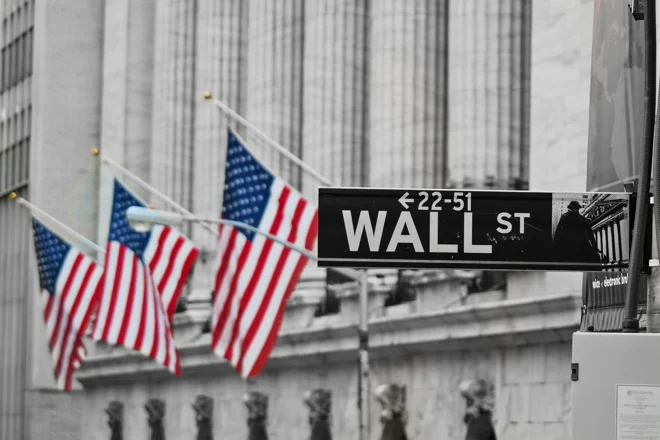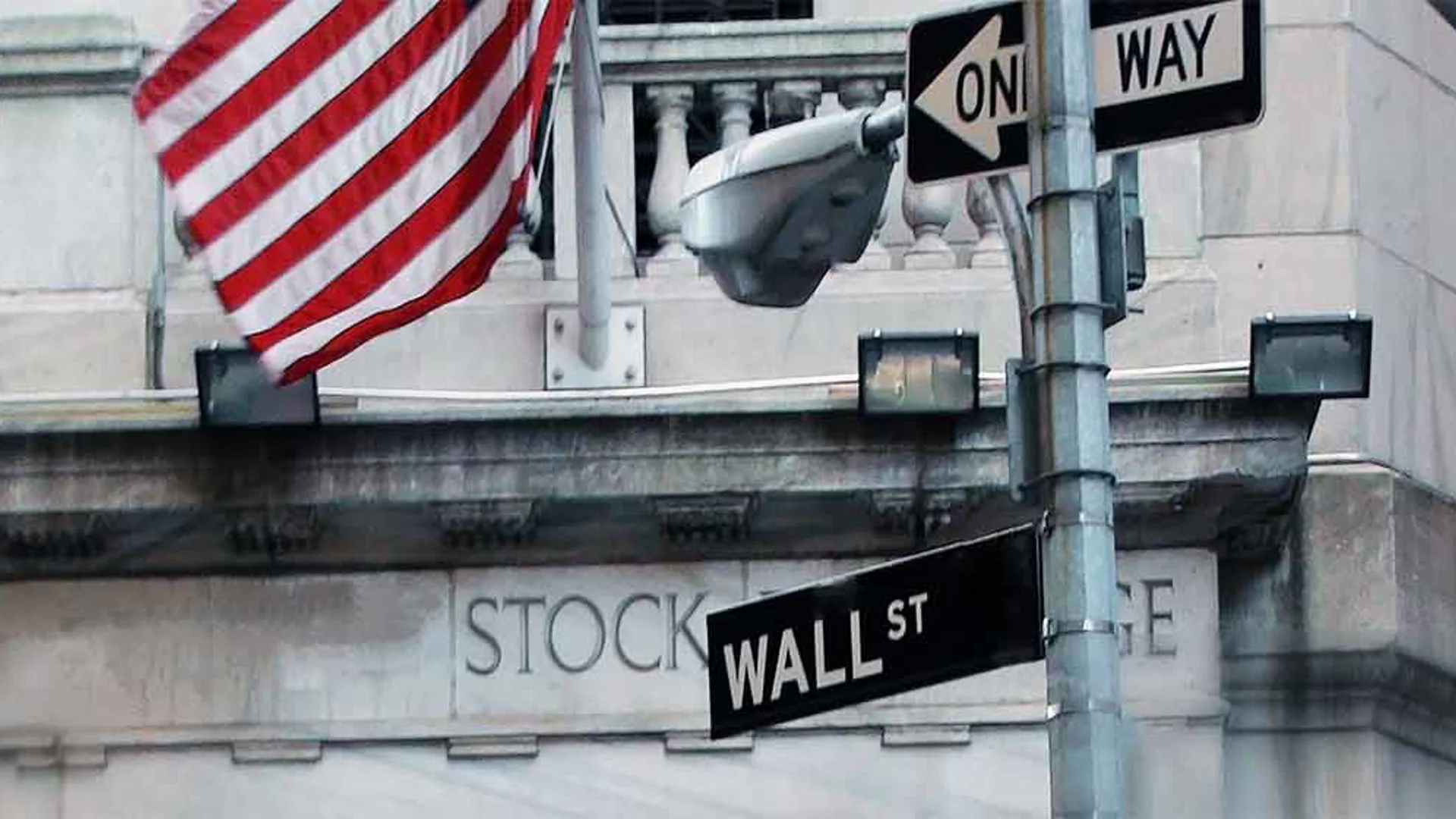WHAT HAPPENED?
The press is reporting that US banks are increasingly pulling back from lending activityin Europe. This is fuelling concerns that US banks may quietly be withdrawing to their home market just like they did during the Great Financial Crisis. At the same time, the gap between eurozone countries regarding the recovery fund has not been bridged. Discussion continues as to whether grants or loans should be the prime choice. Meanwhile central banks are beefing up their efforts.
WHAT DROVE IT?
The Covid-19 crisis is pushing continents and countries to refocus on their domestic economies while at the same time laying bare the shortcomings of economic constructions or institutions.
This should come as no surprise as during times of crisis countries tend to turn their attention back to their home turf. The question is, however, what other side effects, beside the economic recession, will the current crisis trigger? Economists seem to be wondering whether the Just-in-Time (JIT) supplyside chains will not turn into Just-no-Longer (JNL) lines. Broadcome, for instance, warned clients to place orders for parts at least six months in advance, pointing to global disruptions. Another feature being discussed is the surge in debt and the role central banks will need to play in such an environment. Just perhaps, this week’s Federal Open Market Committee can give some clues regarding the longer term policy the Fed is eyeing. And if takes its cue from the Bank of Japan, it might add to stimulus. That's because the BoJ just decided to more than triple the amount of corporate paper it buys and to go for unlimited amounts of Japanese govern bonds, promising furtheryield curve control.
OUR VIEW
Currently, our portfolios are cautiously positioned. Risk-on assets are well balanced by risk-off assets. Besides, the aid from central banks and governments is giving a lot of support but the increasingly poor data point to prudence. This week’s first-quarter GDP data on both sides of the Atlantic will be monitored. So will another jobless claims figure and ISM data.yet.
MARKET REVIEW
EUROPE
European equity indices closed lower Friday. Yields were broadlylower across eurozone bonds.
In terms of macro data, there was another big drop in the German Ifo business climate index. UK March retail sales saw a record fall.
Nestle reported a rise in first-quarter organic sales growth, and backed its guidance. Among the laggers, Lufthansa slumped on the finalization of a EUR 10 billion rescue package. Sanofi said that the first-quarter sales burst it saw when patients stocked up is waning.
USA
US equities ended higher in Fridaytrading. However, the S&P 500 still finished lower on the week, following big back-toback weekly gains. Treasuries were little changed to a bit firmer. The dollar was weaker vs the euro and yen. Gold finished down 0.5%. Oil ended up 2.7%, after a big two-day bounce, but still finished the week off over 30%.
President Trump signed the USD 484 billion interim coronavirus relief package. Focus in Washington has already shifted to another large spending bill. US coronavirus deaths topped 50,000.
Alphabet, Inc. slashed its marketing budgets for the second half of the year. Zoom Video Communications Inc. was lower after Facebook Inc. announced free video calling for up to 50 people. Intel Corporation beat, but said global growth was set to outweigh the impact of stay-at-home trends in PCs and enterprise and government demand would weaken in the second half of the year. The Boeing Company is reportedly set to cut 787 Dreamliner production by roughly half and announce job cuts next week. Capital One Financial Corporation posted higher provisions, but there was some optimism around the reserve build, and strong liquidity levels. J. C. Penney Company, Inc. is reportedly in advanced talks for bankruptcyfiling.
ASIA
Asian equities were gaining on Monday, with Japan, Hong Kong, Korea and Taiwan outperforming.
In macro news, the Bank of Japan announced further easing measures, increasing purchases of corporate bonds, strengthening the special coronavirus fund-supplying operations, and removing the annual quota for Japanese government bond purchases. The central bank downgraded economic forecasts as expected, citing coronavirus effects. Chinese industrial profits shrank heavily in March, though at a somewhat slower pace compared to January-February. In the accompanying statement, a China stats bureau official said demand has not fully recovered and production costs remain high.
This document and the information and data that it contains relating to products, services or financial instruments, as well as any analyses, assessments, suppositions, judgements, opinions, and estimates presented therein (the “Information”) has been prepared by Quintet Private Bank (“Quintet”) for your exclusive and private use in the provision of personal investment advice by Quintet on the basis of your risk tolerance and suitability. Prior to any transaction or investment in the product, you should make your own appraisal of all the risks, including, but not limited to, the risks from a financial, legal, tax and accounting perspective, without relying exclusively on the Information contained in this document. Please note that the past performance of a financial instrument is not an indicator of its future performance. The Information may be changed at any time without advance notice or any notification being sent to you. Any projections and forecasts are based on a certain number of suppositions concerning the current and future market conditions and there is no guarantee that the expected result will ultimately be achieved. While the Information has been established on the basis of reliable sources and is therefore presumably correct at the date of publication of this document, it is provided with no guarantee, either express or implicit, as to its completeness, accuracy, authenticity, timeliness, validity or relevance and no liability is accepted by Quintet in this respect.





